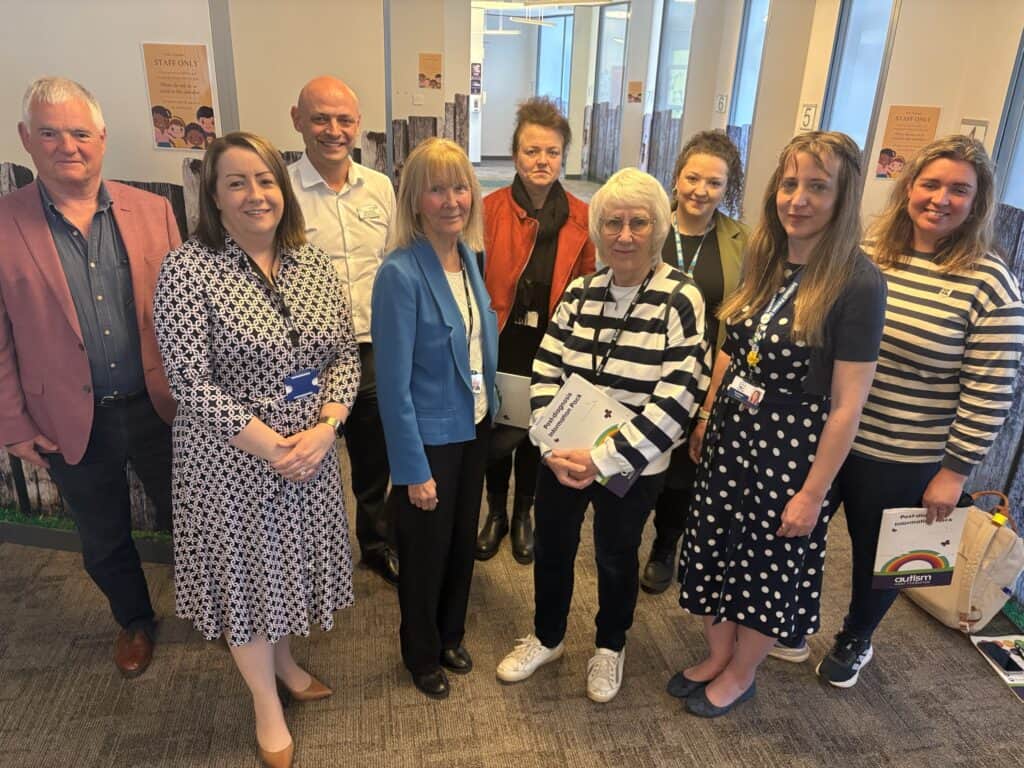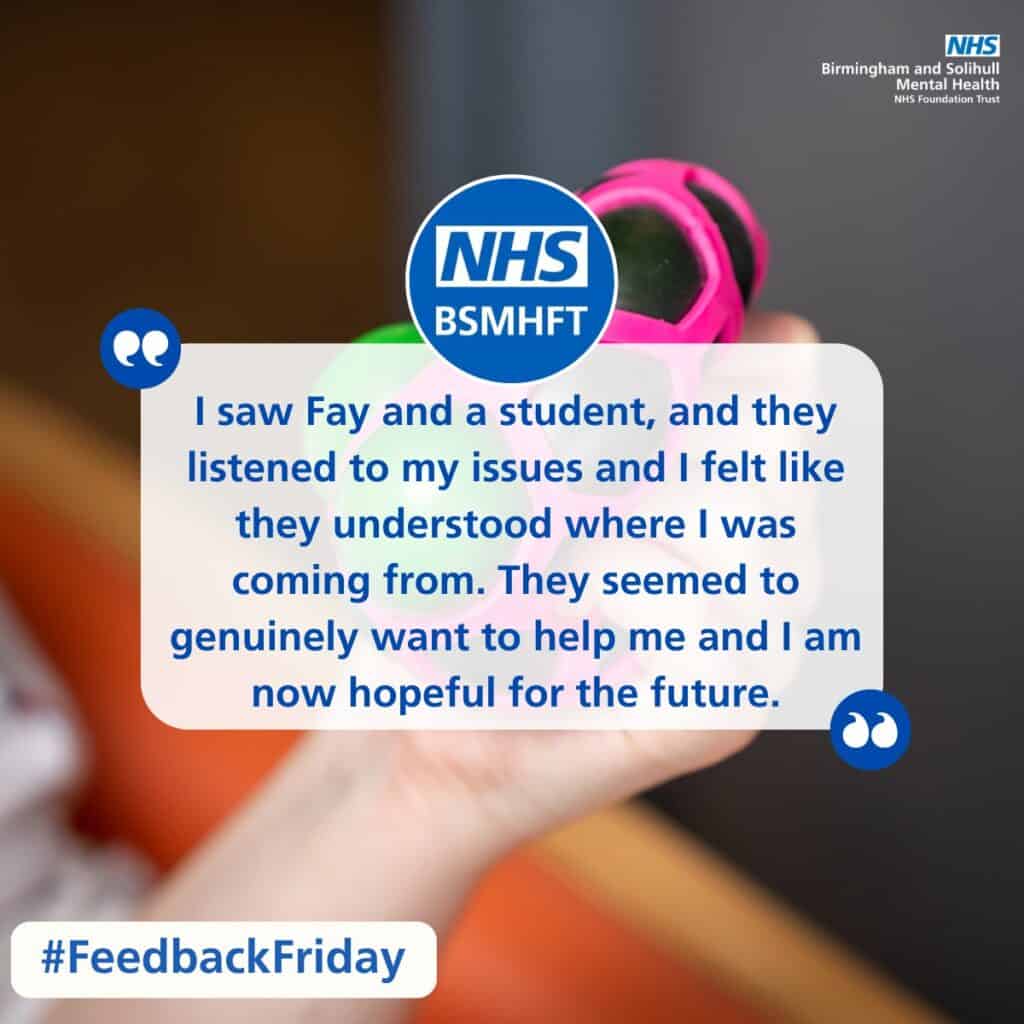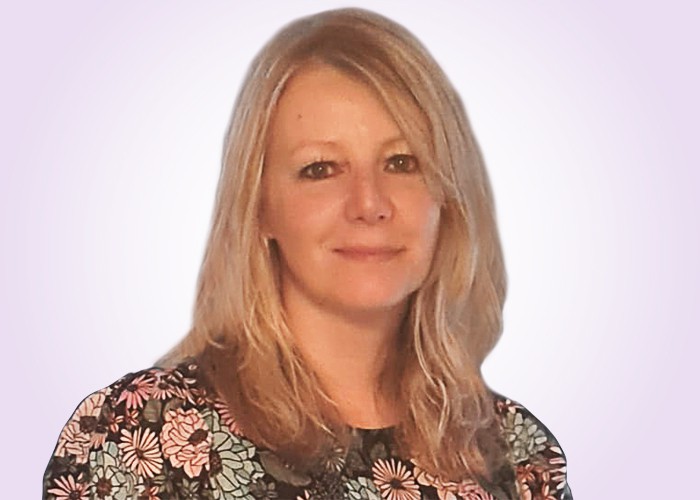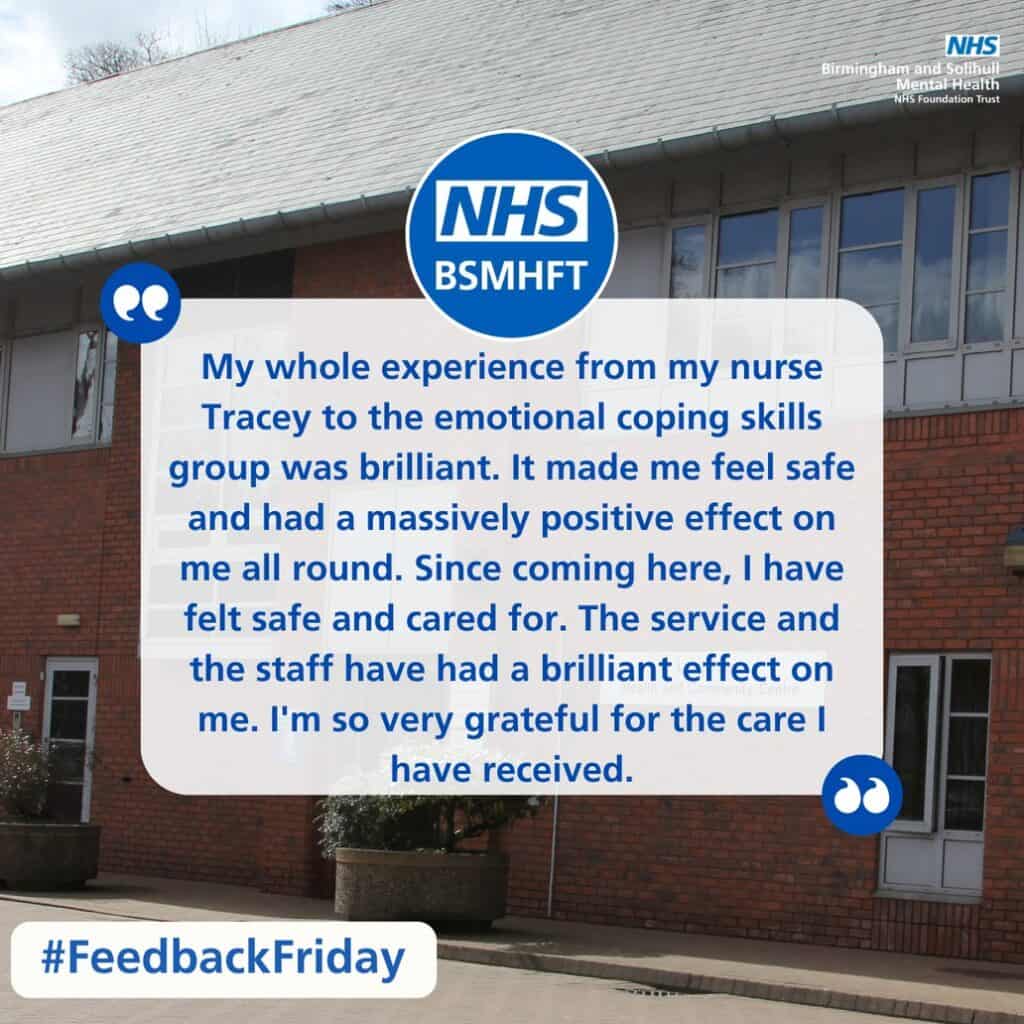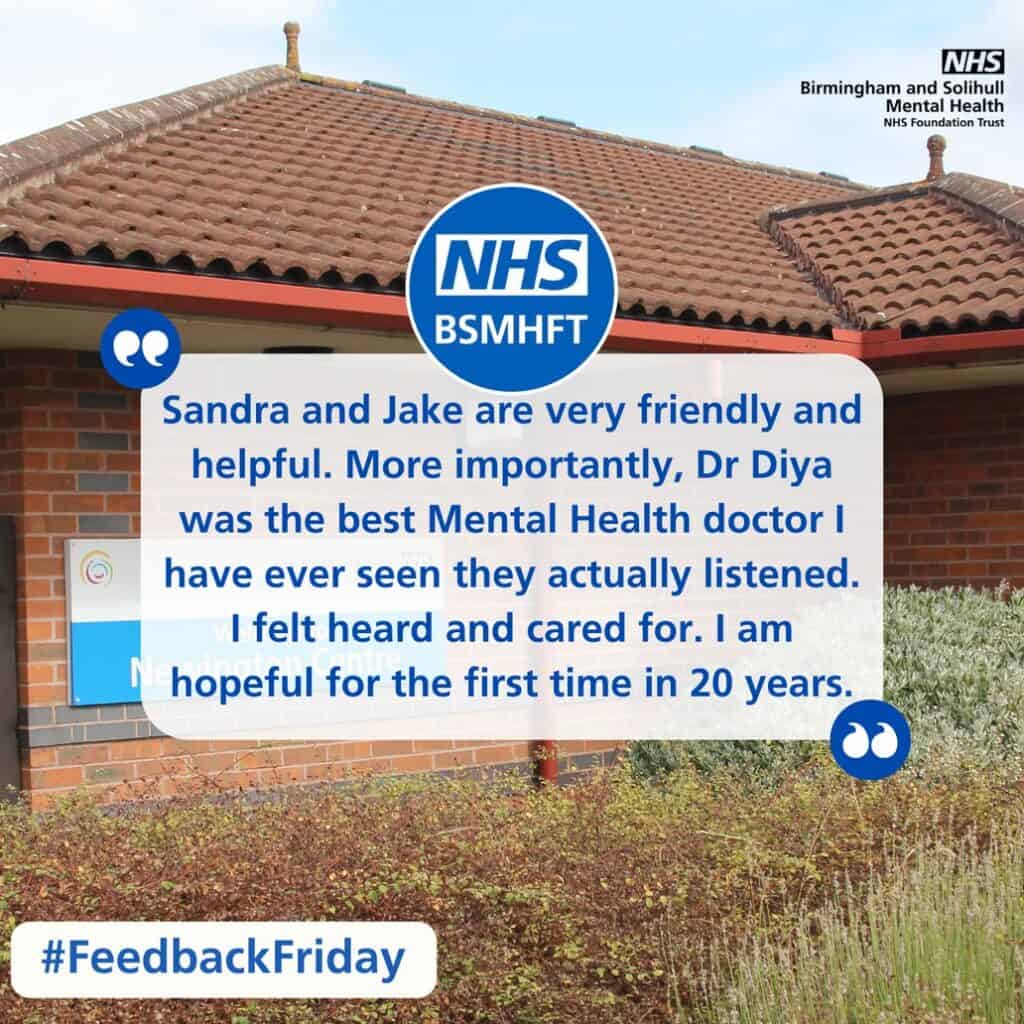Today (18 July) marks the beginning of South Asian Heritage Month, an annual event where from 18 July – 17 August the history, culture, achievements and contributions of Afghanistan, Bangladesh, Bhutan, India, the Maldives, Nepal, Pakistan and Sri Lanka are celebrated across the UK.
The theme for South Asian Heritage Month 2024 is ‘Free To Be Me’. Celebrating the diverse experiences of being of South Asian heritage, sharing similarities and honouring our differences, being proud of who we are and acknowledging that not everyone feels free to be themselves.
For the next few weeks, we will celebrate our 636 colleagues of South Asian heritage by shining a spotlight on those who are compassionate, inclusive and committed in everything they do.
We start by recognising Dalbir Singh Masana, Team Manager/ Cultural Ambassador who was nominated by Claire Cowood, Medical Secretary. Claire said:
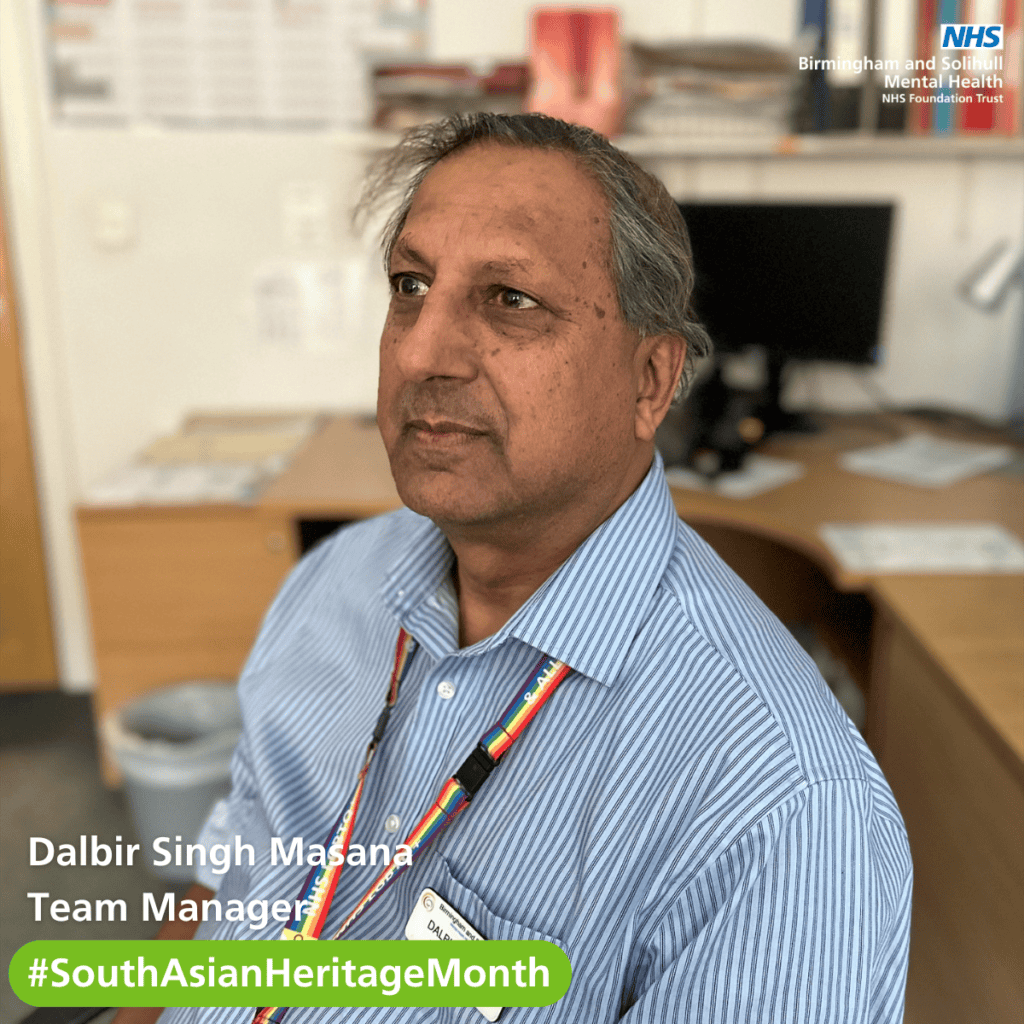
“Dalbir has worked within Home Treatment for 24 years. During this time, he also managed the South East Home Treatment team at the Oleaster Centre, which is where I am based as Dr Fapohunda’s Medical Secretary. I always found Dalbir to be approachable, smiling and happy to help anyone, regardless of their role. He holds a wealth of knowledge from all the years spent working within the trust and really cares about our patients, service users and colleagues. I wasn’t surprised to hear he is now managing the 111 Mental Health Helpline and am sure it will be a great success.”
Dalbir was asked to share more about his heritage and what it means to him. Dalbir said:
“I was born in a small village in Punjab-India. We had a very simple lifestyle in the village, which is how it remains today, everyone knows everyone. My father was the only bread winner in the family-working in the fields which he owned as a local farmer and bringing in a small wage to feed the family. There was no school available in our village so to receive an education the children from the village would walk to the next village which was approximately three kilometres away – there was no transport nor any roads. I remember as a four-year-old having to walk to school, some days in extreme heat and on pathways which were just sand. Like lots of other families in this area we could not afford any proper shoes and so used whatever you could find, which were usually flip flops. I arrived in England at 10-years-old not being able to speak English. It was difficult in the 1970s with extreme levels of racism and discrimination.
I am a very passionate about how our community supported each other. I remember how other immigrants from Punjab helped my family to settle in the community in Winson Green. There was, and still is, a great deal of comradeship whereby everyone would check in to make sure you had access to everything. Today, I am very proud to say this spirit of neighbourhood still exists and the community have many religious places where we can meet up and discuss any issues.
I am a very proud Sikh male. In Sikhism we are always taught to respect every faith and individuals as equal. In Sikhism everyone is welcomed into our temples, and we are very proud that if you visit a Sikh temple-irrespective of your religion, you are offered hot meals and drinks. Everyone is treated with compassion; respect and views are listened to. I am proud that when we do our Ardas (Sikh prayer) we always ask for wellbeing of the entire human race.
My family plays a huge part within my everyday life. I am the youngest in my family, both my parents and my siblings did not receive any education, so I was always encouraged to be selected for university and receive a higher education. In turn I have ensured that all my nephews and nieces had this same opportunity. In my younger days, my life choices were very much what my parents wanted, my mother desperately wanted to see me as a doctor. However, with my lack of educational growth I could not give her this dream. But I pursued a career in health and came into nursing instead, so lovingly a lot of my social friends call me “doctor”. With my children I have encouraged them to pursue interests which are important to them, and my eldest child, my daughter, also works for BSMHFT.
I entered the mental health service initially as a patient having suffered with PTSD and depression in the late 1990s after being a victim of an armed robbery. It was whilst I was having help and treatment, I learned about becoming a nurse. I was initially employed as a health care worker and soon had the opportunity to attend university and gain my qualification as a mental health nurse. I have worked in Home Treatment for 24 years now. I have managed seven of the nine Home Treatment within BSMHFT. I recently changed to manage the NHS 111 Mental Health Helpline as I wanted a new challenge. I find helping people gives me a tremendous amount of satisfaction and peace of mind.”
Published: 18 July 2024




